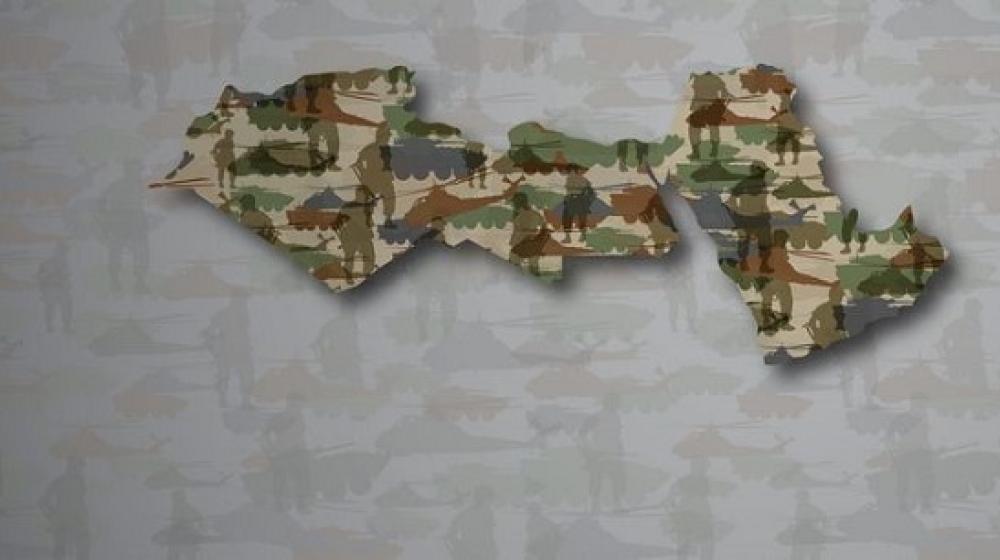The Middle East and North Africa (MENA) is a fragmented region: in spite of its relative cultural and historical homogeneity, it has some of the lowest levels of intra-regional trade, political cooperation and legal migration in the world.
This is largely due to the fact that, since the end of the Second World War, it has experienced the full spectrum of political violence. Conventional, hybrid, and civil wars, revolutions, and terrorism have hindered political and economic development, and created fertile ground for further violence. Breaking this ‘conflict trap’ is imperative for the states of the region, as well as those actors who have a stake in it.
For the EU, the MENA is of strategic importance for three reasons:
- it is an immediate geographic neighbour,
- a crucial passage for goods traveling to and from Europe (including oil and gas),
- and it has been historically unstable.
The region’s security and economic situation is consequently closely intertwined with that of Europe. This explains the Union’s desire to contribute to regional stability through different means such as the European Neighbourhood Policy (ENP), the Barcelona Process and the Union for the Mediterranean.
The EUISS seeks to contribute to the EU’s overall effort in the MENA by providing in-depth analyses on a number of key issues affecting the region.
A criminal past is a common, yet often overlooked, characteristic of many European jihadists. This Brief examines the link between petty crime and terrorism, as well as the ways in which criminal experiences shape terrorist actions.
This Chaillot Paper analyses how Arab states strive to achieve strategic, economic and symbolic goals through indigenous armaments production, with some countries in the region showing a new determination to become more self-reliant in this domain. The paper focuses in particular...
To step up the fight against terrorism, the EU is looking to forge closer ties with strategic countries in its Southern Neighbourhood. The Union’s initiatives to set up counter-terrorism dialogues in the region have, however, been met with a hesitant response. How can the EU...
This Chaillot Paper examines the flaws and failures that have so far impeded a more functional and balanced relationship between civilian and military authorities in the Middle East and North Africa. The paper also highlights the importance of security sector reform (SSR) in...
This Brief examines the overlooked role of the women in the organisation, and argues they are every bit as dangerous as their male counterparts. But how should European security forces address this issue?
This Brief seeks to explain why (and when) coups happen. What conditions are needed to persuade the military to attempt to topple a government? And what elements increase the likelihood of success or failure?
Both Russia and ISIL/Daesh have engaged in aggressive messaging and deceptive media campaigns, albeit with distinct narratives, targets and audiences. This Report analyses the ‘what’ and the ‘how’; and also draws attention to strategic communications efforts undertaken by the EU.
As the US solidifies its position in the Pacific through the Trans-Pacific-Partnership (TPP) agreement, China is striving to rebalance to the West. The ‘One Belt One Road’ initiative is now driving the promotion of loans, investments and high-technology in the Middle East. But...
This Brief shows how, despite the distinct lack of regional integration, the MENA is a continuous space when it comes to conflict. What does the emergence of this ‘conflict Schengen’ mean for wars – and long-suffering civilians – in the region?
In the arid region of the Levant, water is a growing driver of instability and conflict. This Brief examines the role water plays in local and regional instability, its place in international aid in the past and present, and ways in which the matter may be addressed in the future...


